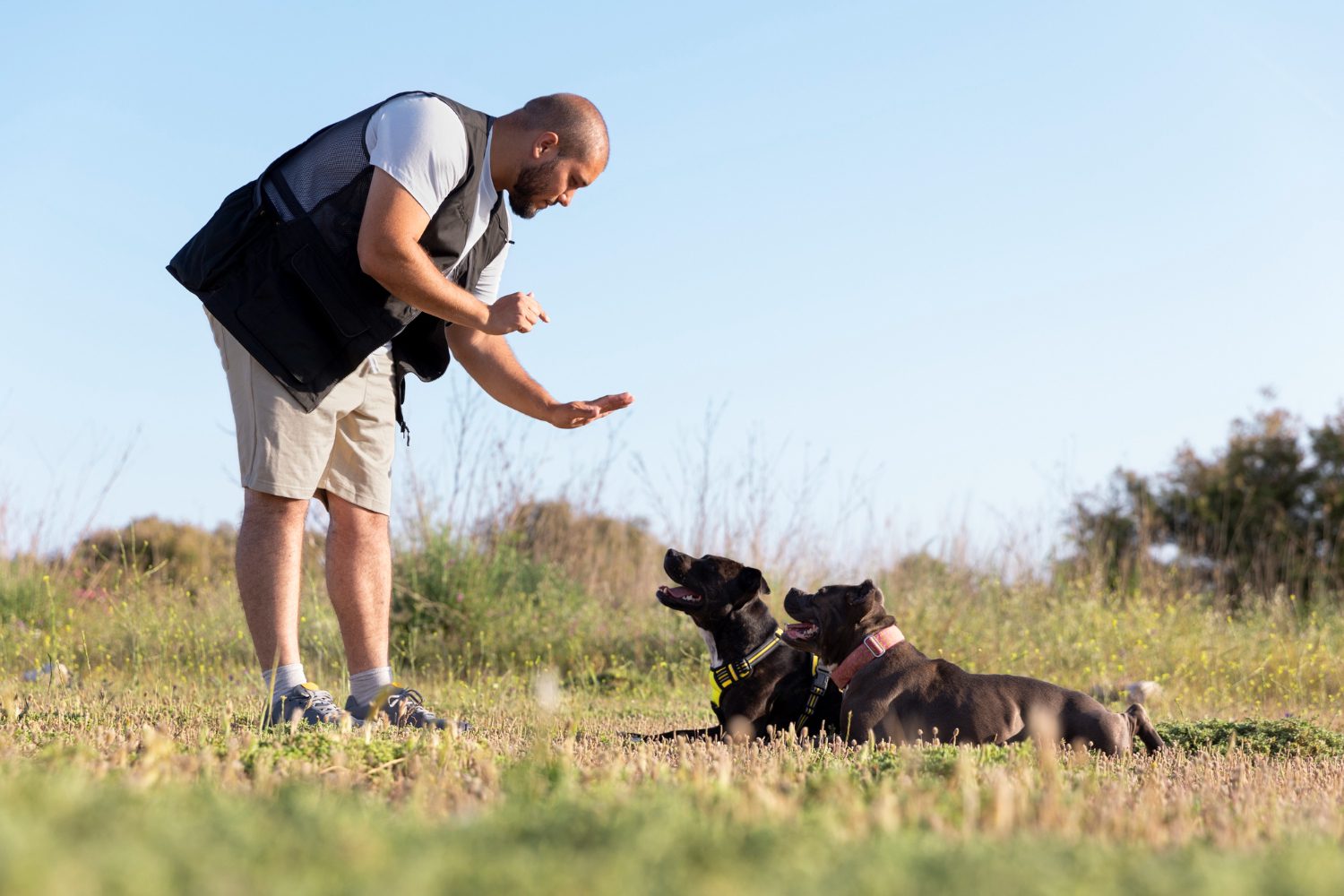Travel Requirements
Our travel requirements are aimed at ensuring a safe and pleasant journey for every dog onboard.
It’s All About the Right Approach
For every trip, we have a few guidelines to ensure the safety, convenience, and well-being of all the onboard pet passengers during their journey. We take precautionary measures to avoid disease spread, adhere to legal requirements, and ensure a successful trip.
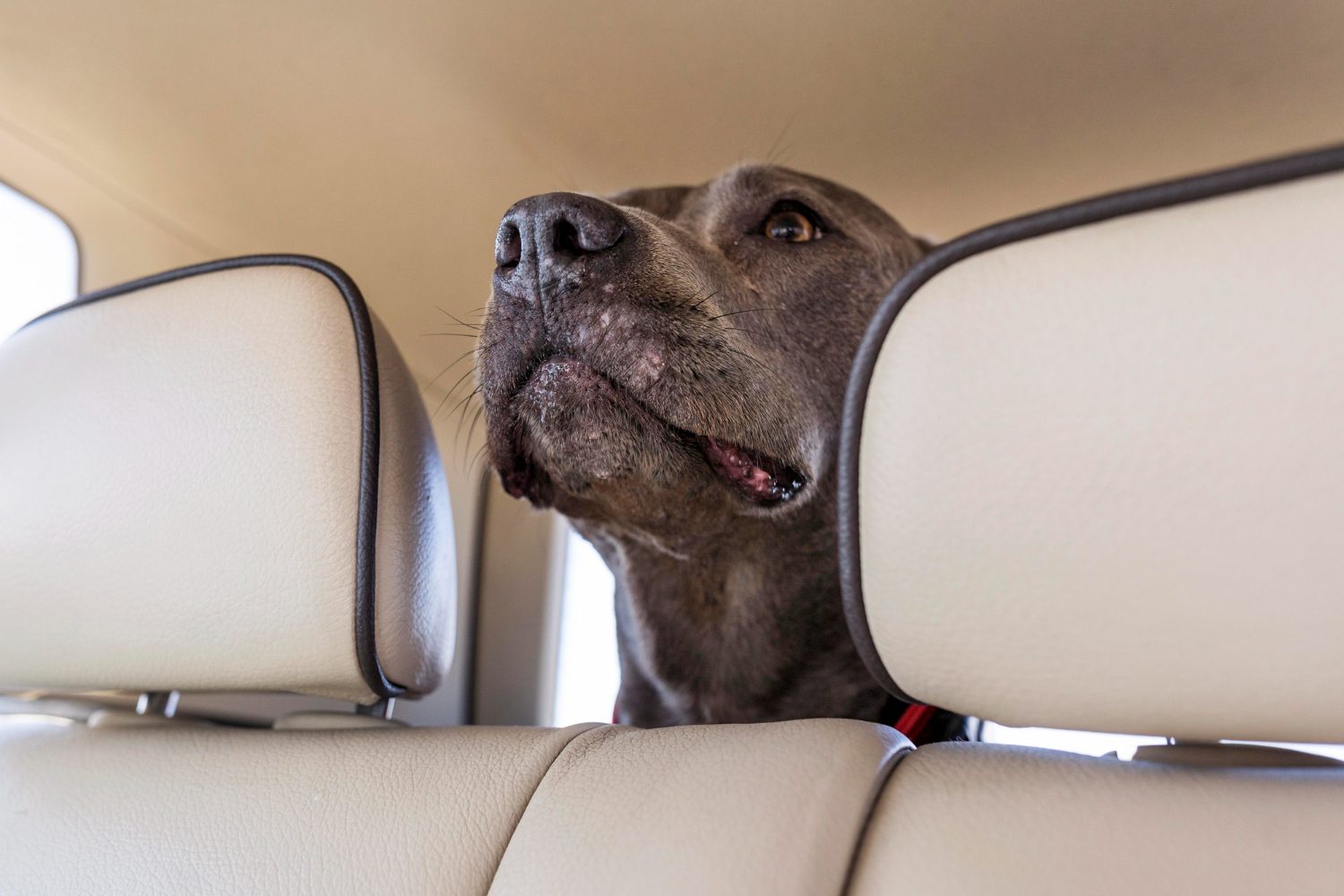
Our Travel Safety Requirements
Our travel protocols are in place to help you ensure the safety of your pets and everyone else on the trip. Here’s a list of requirements:
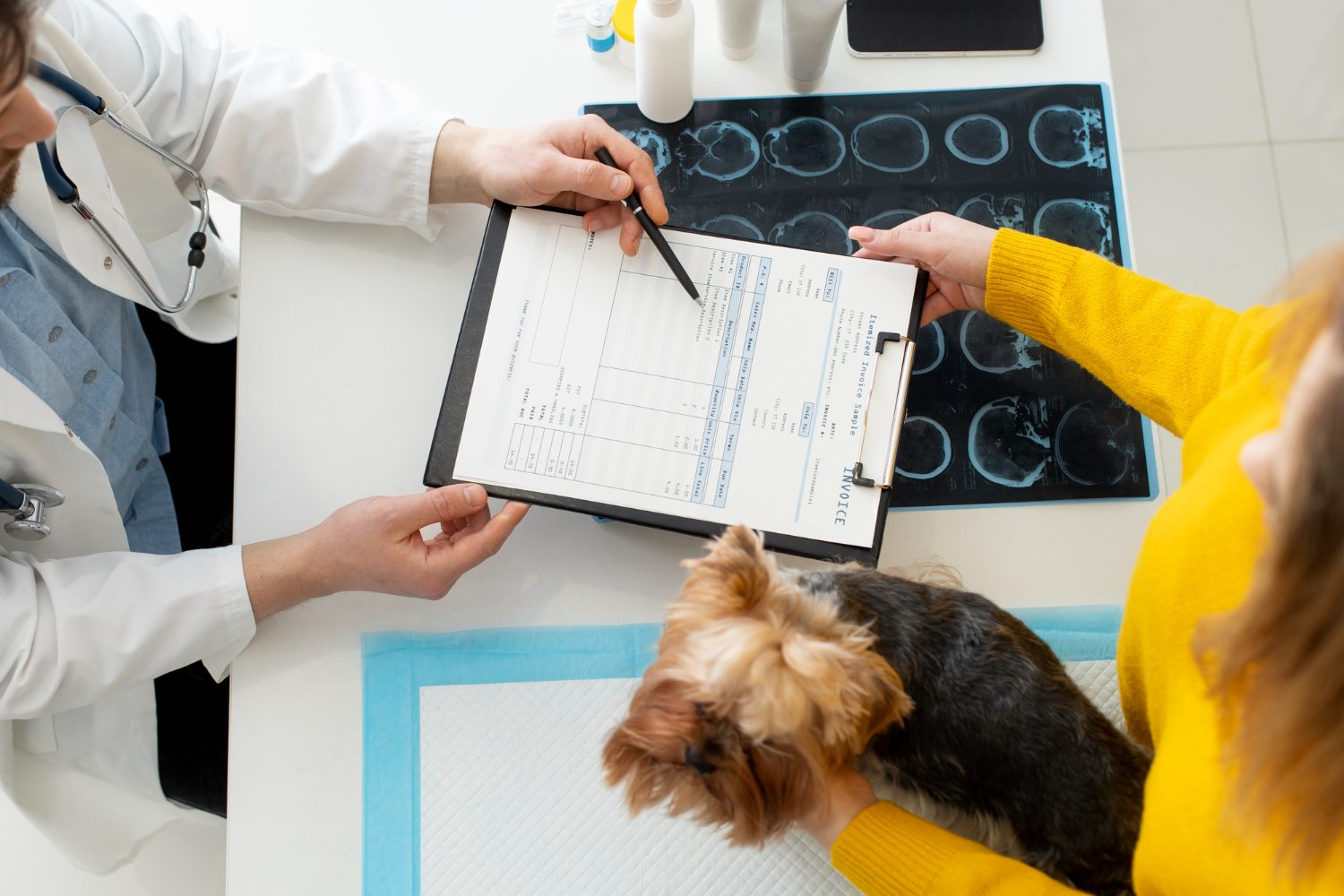
Interstate Health Certificate
All Interstate Health Certificates must be dated no more than 10 days from the dog’s final arrival date. The name and microchip number for the dog will be listed on the health certification. The dog must comply with all USDA and AWA protocol requirements.
Age-Appropriate Vaccinations
Traveling dogs must be up to date on vaccinations and have a copy of their medical and shot records. Puppies must have had at least two rounds of DHPPv or DA2PPvl (required for Maine) vaccinations. For puppies with only two rounds of DHPPv or DA2PPvl, the second vaccination should be at least five days before the departure date. Dogs must have been vaccinated for Bordetella at least five months prior to or less than seven days from the departure date. Dogs three months of age or older must have a current Rabies vaccination and a tag on their collar.
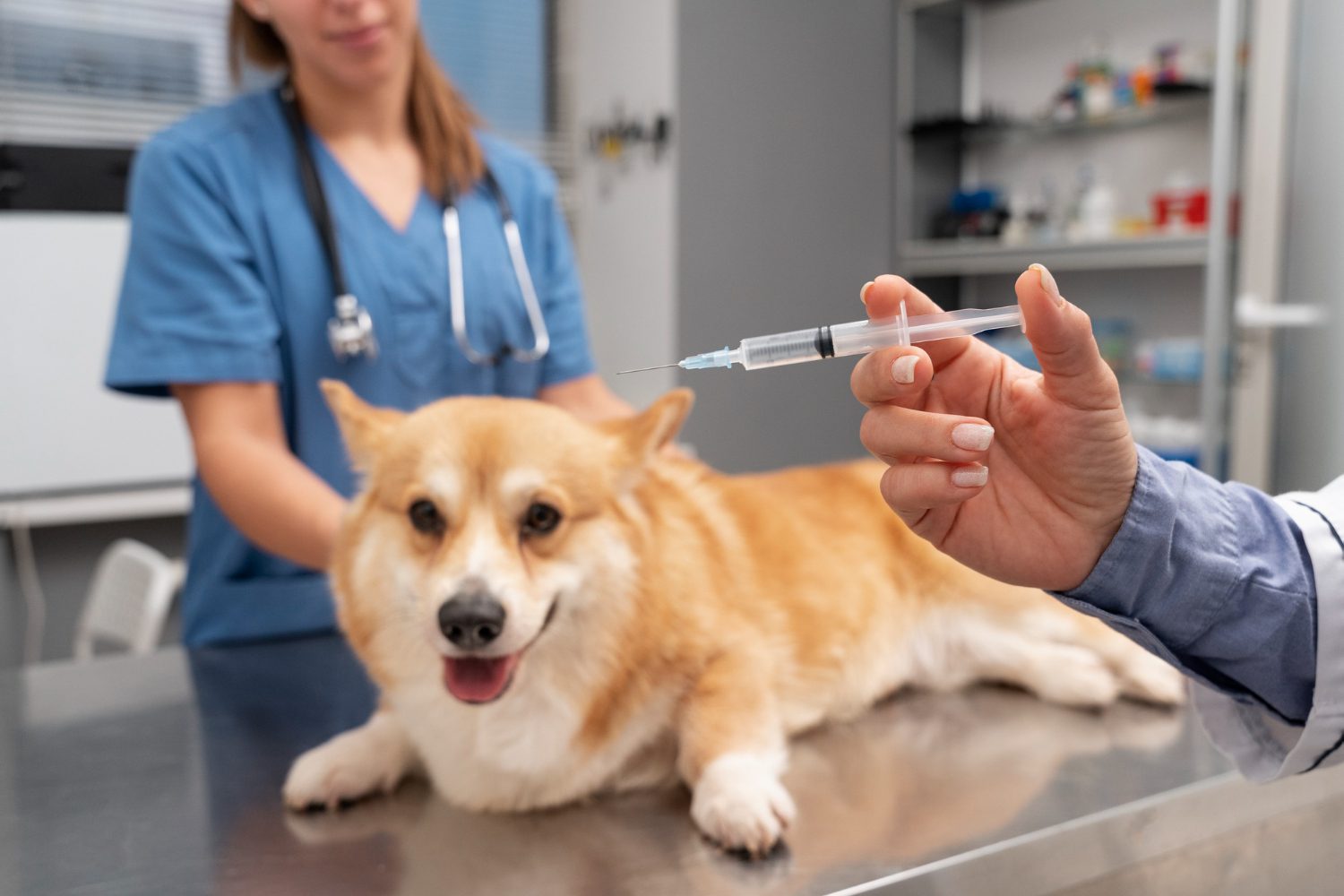

Two-Week Isolation Period
Various states require dogs and cats to be removed from a State/County/City shelter or pound, placed in foster care, a veterinarian’s office, or a boarding facility for a minimum of two weeks (minimum fourteen days) prior to their departure date. This practice helps control the exposure and spread of common communicable illnesses in sheltered environments. This practice protects everyone. This practice can be waived under certain conditions. Please connect with us or check the Dept of Agriculture for the state in which you are bringing the pet into for further instructions.
Please use the contact form on this page for questions and concerns.
Medications
Dogs arriving sick with or undergoing treatment for Distemper, Parvo, Upper Respiratory Infection, Kennel Cough, Coccidia, Giardia, Ringworm, Sarcoptic Mange, or other contagious conditions will not be allowed on transport. Dogs with minor or chronic NON CONTAGIOUS conditions can be transported, provided the necessary medications are supplied. Please list this information in your transport application and provide the medications, schedule, and dosage at departure.

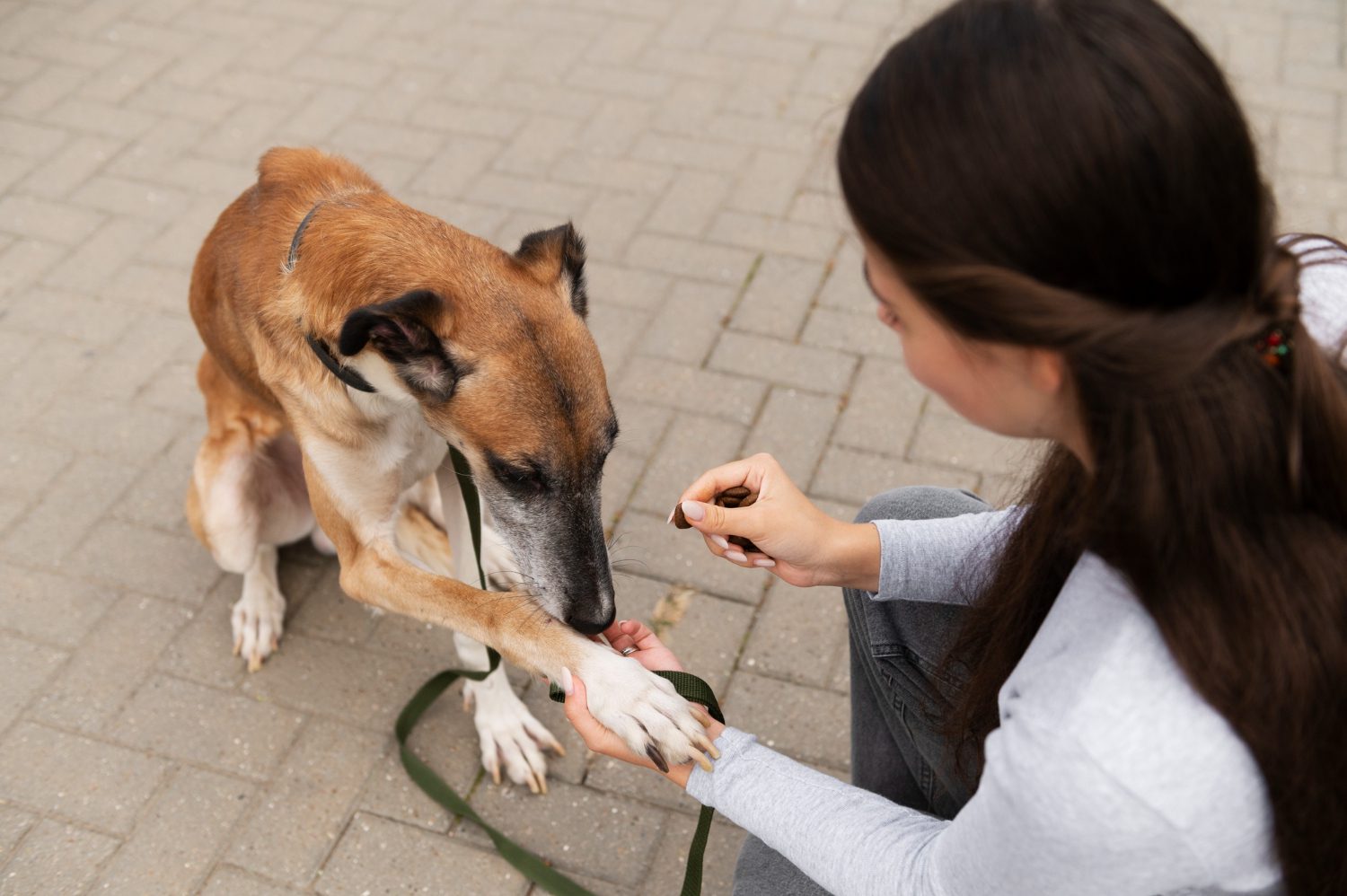
Flea/Tick Preventative
Dogs must be free of fleas and ticks. A record of the last application of the preventative must be provided.
Identification
Dogs MUST have a collar with identification information (i.e., a name tag or written on the collar), a rabies tag (if old enough to have been vaccinated), and a microchip. We will secure the collars for puppies or dogs riding as partners to prevent them from being destroyed during transport. Picture identification (i.e., a driver’s license or state approved ID) will be required to pick up the dog at its final destination. If the person picking up the dog is different from the person listed on the application, we MUST BE NOTIFIED before delivery of the dog.
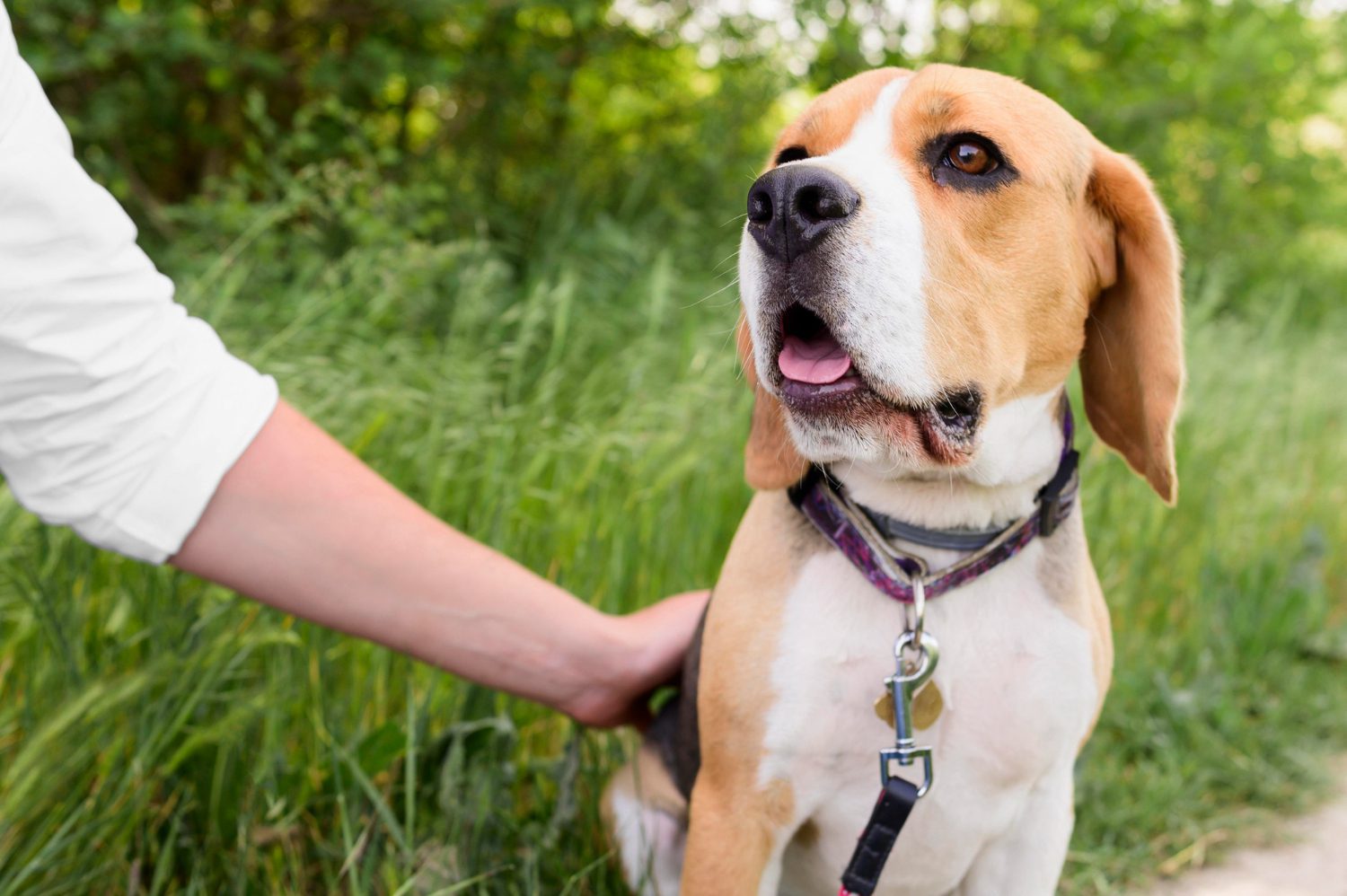
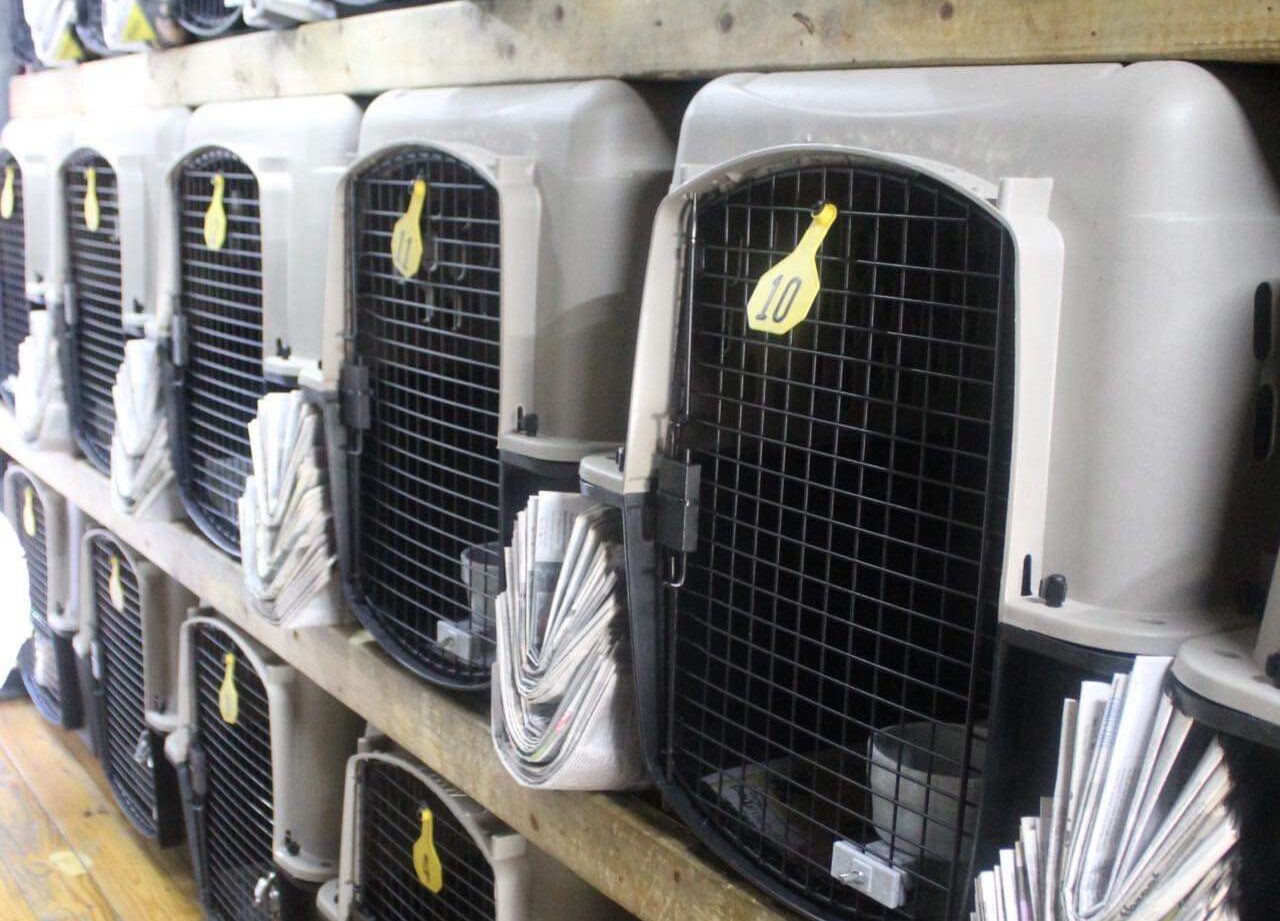
Crate Training
All dogs MUST be crate trained and comfortable being in and getting out of the crate. This needs to be accomplished in the days and weeks before transport. The transport should not be the dog’s first time in a crate. If we determine the dog is uncomfortable and will become a risk to the handlers or themselves, we reserve the right to remove the dog before departure.
Dog’s Personality
If the dog comes to the transport with an unusually high fear, aggression, or anxiety level that indicates the transport team or other dogs are at risk, we will attempt to resolve the situation. Once the Lead Person determines the dog is a bite, fight, or flight risk, you will be asked to remove the dog from the transport vehicle immediately. Dogs needing sedation must have been previously approved. We are all experienced dog rescuers, but we will not put the entire trip at risk over a dog with issues. If you feel your dog may have difficulty during transport, please contact us to help evaluate the dog prior to making your transport reservation.
